When it comes to makeup that flatters your new hair color, shades of gray, and jewel tones like ruby red, sapphire blue, and deep purples) are your best bets. Avoid earth tones such as beige and olive, which can wash you out. Gray hair can make your complexion appear dull, so look for blush shades like apricot, peach, and rose. Stay away from beige or tawny colors. They will make your skin tone look muddy next to gray hair. Use a liquid or cream blush rather than a powder that can leave your skin looking dull. Groom your brows, trimming any wayward hairs, and define your arches with a taupe pencil so they don't disappear.
Grey hair used to be something we avoided at all costs. Now, it’s a statement of confidence and intent. People of all ages are embracing a hair color that for years was seen as a sign of letting yourself go. Now is the time to go gray! If you’re ready to say goodbye to dyed hair and rock your natural hair for good, make an appointment with your stylist and come up with a plan. Stock up on the right products and update your hair care routine and your transition to gray hair will result in shiny, soft beautiful strands.
by Jaclyn LaBadia, featured contributor
cover photo by @kennakunijo


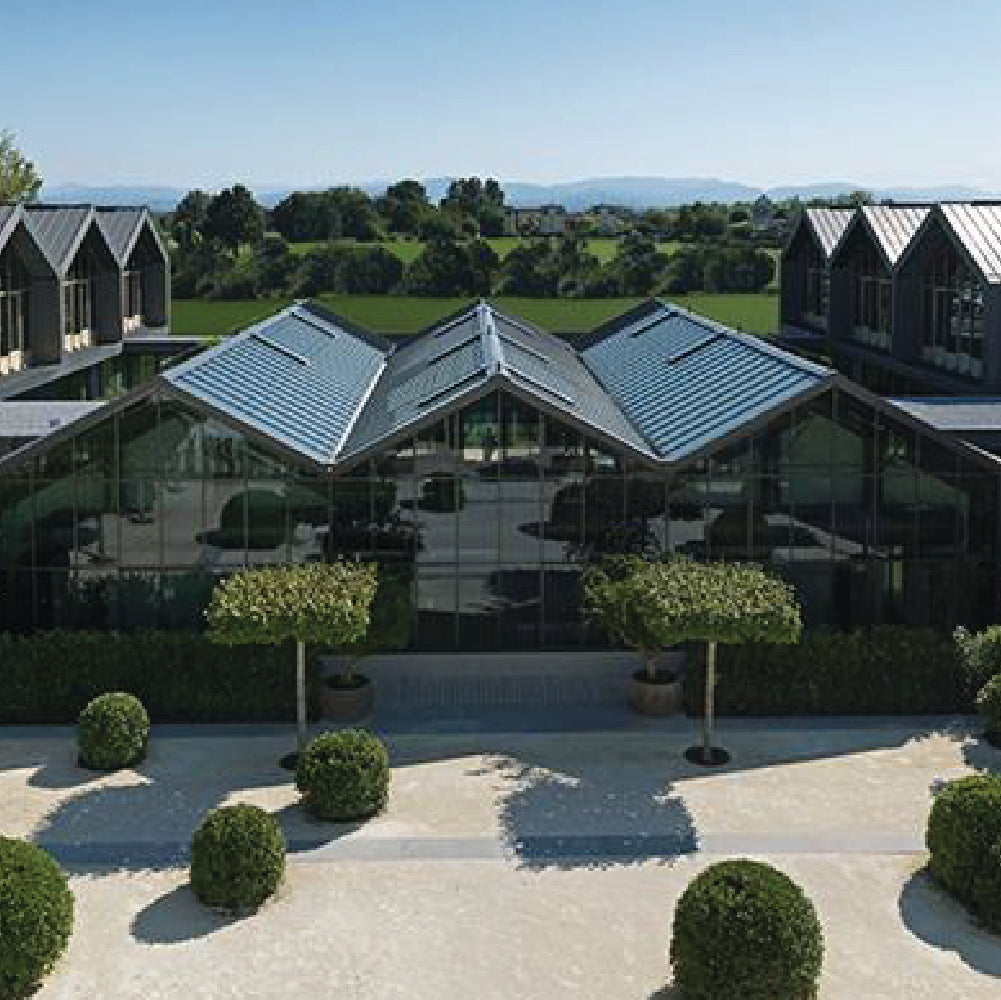
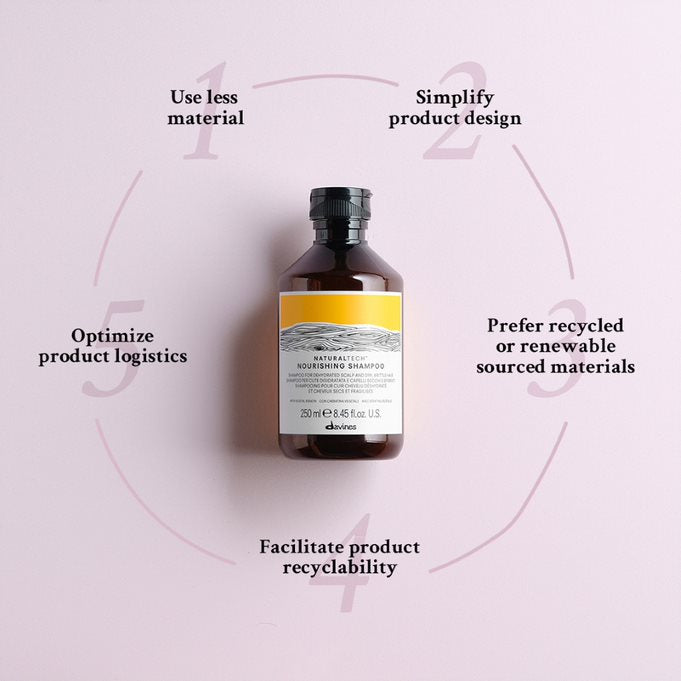
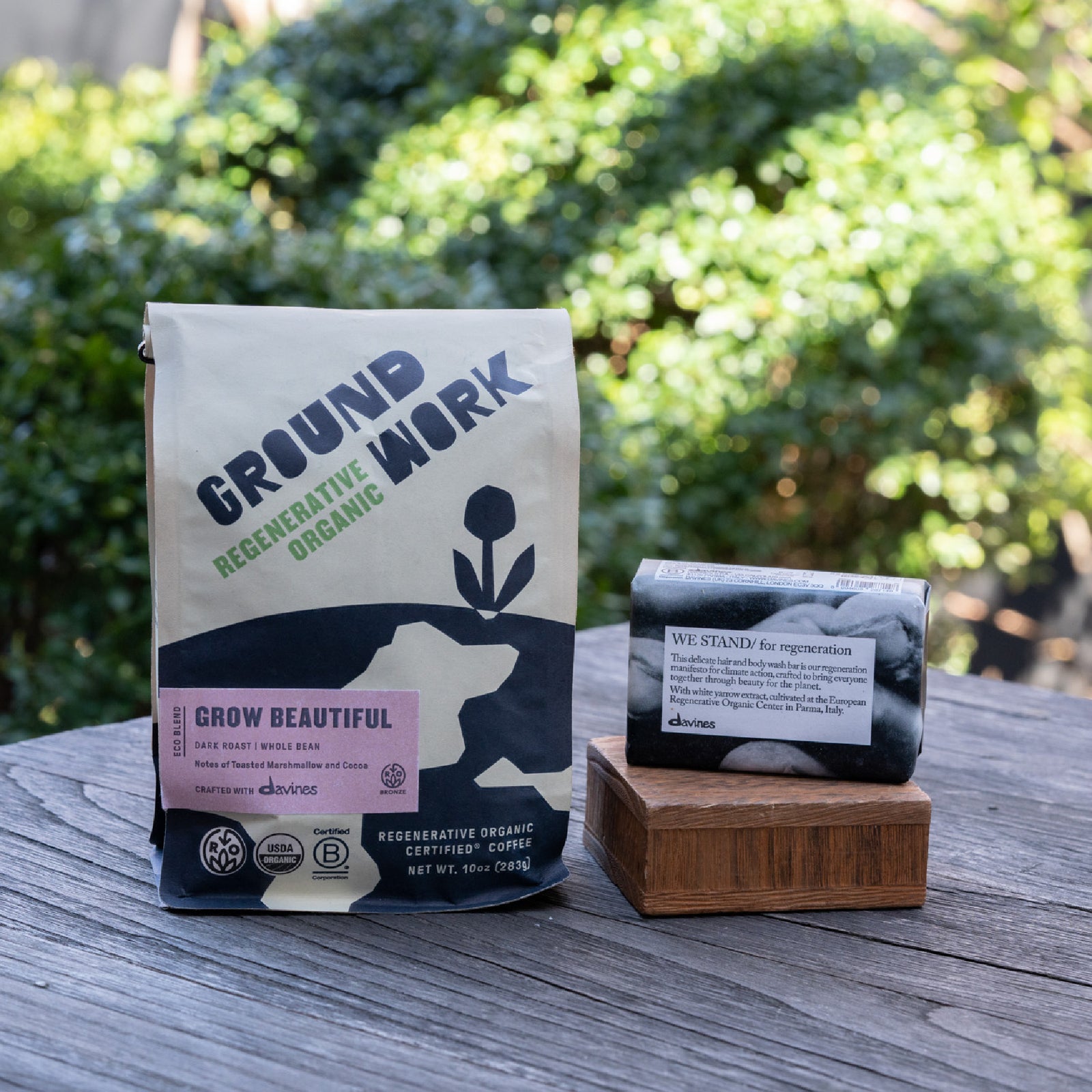
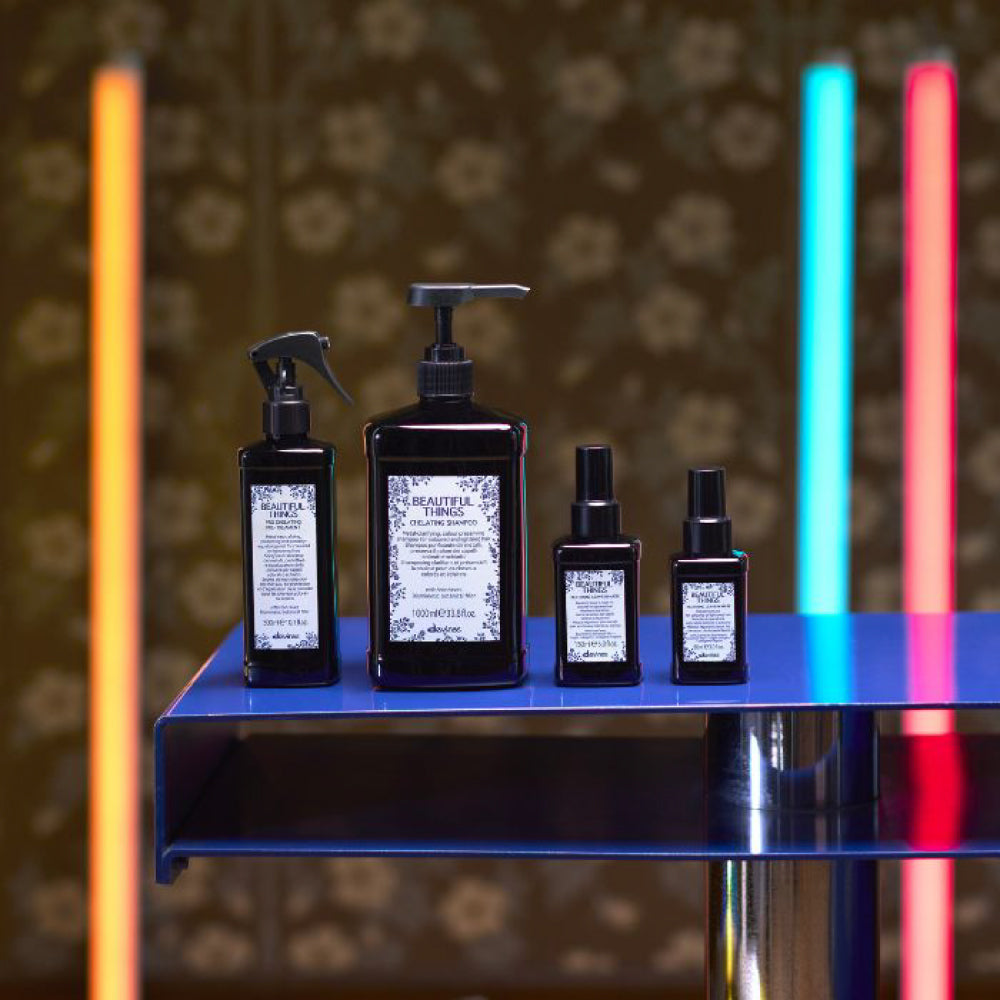
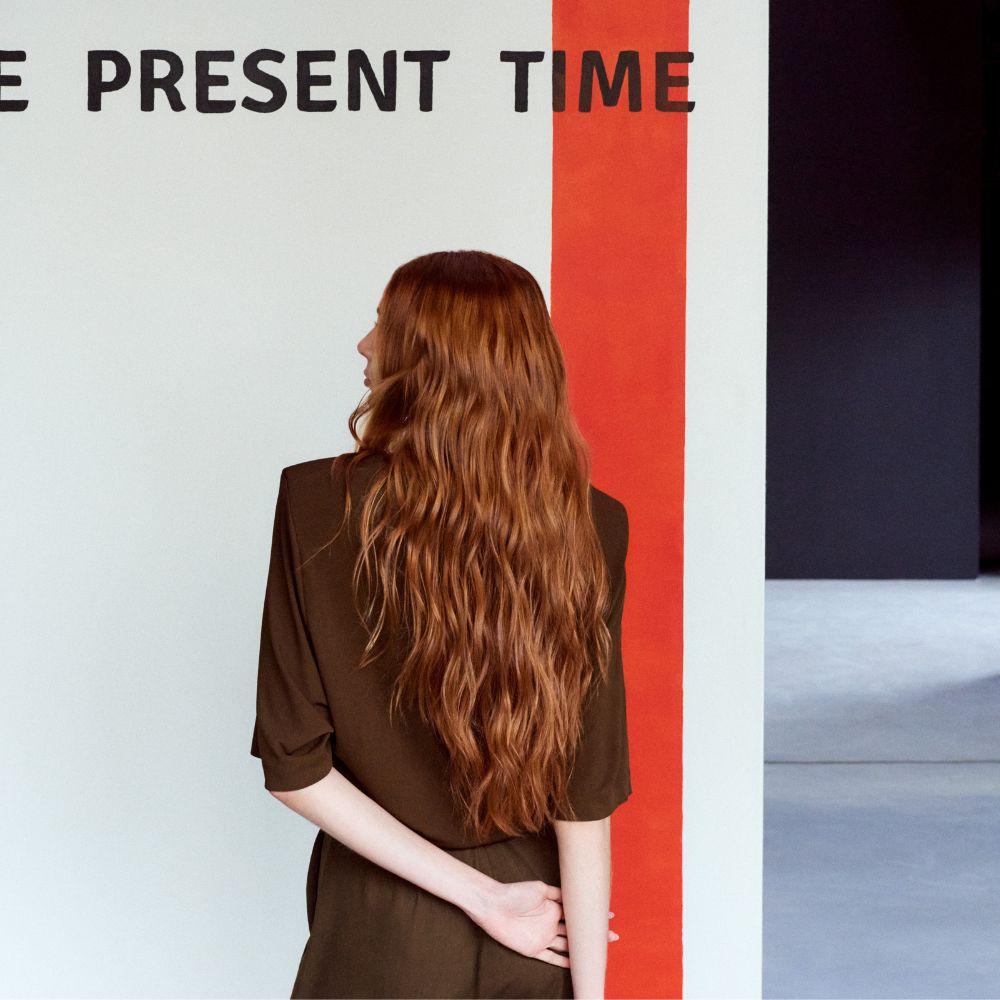
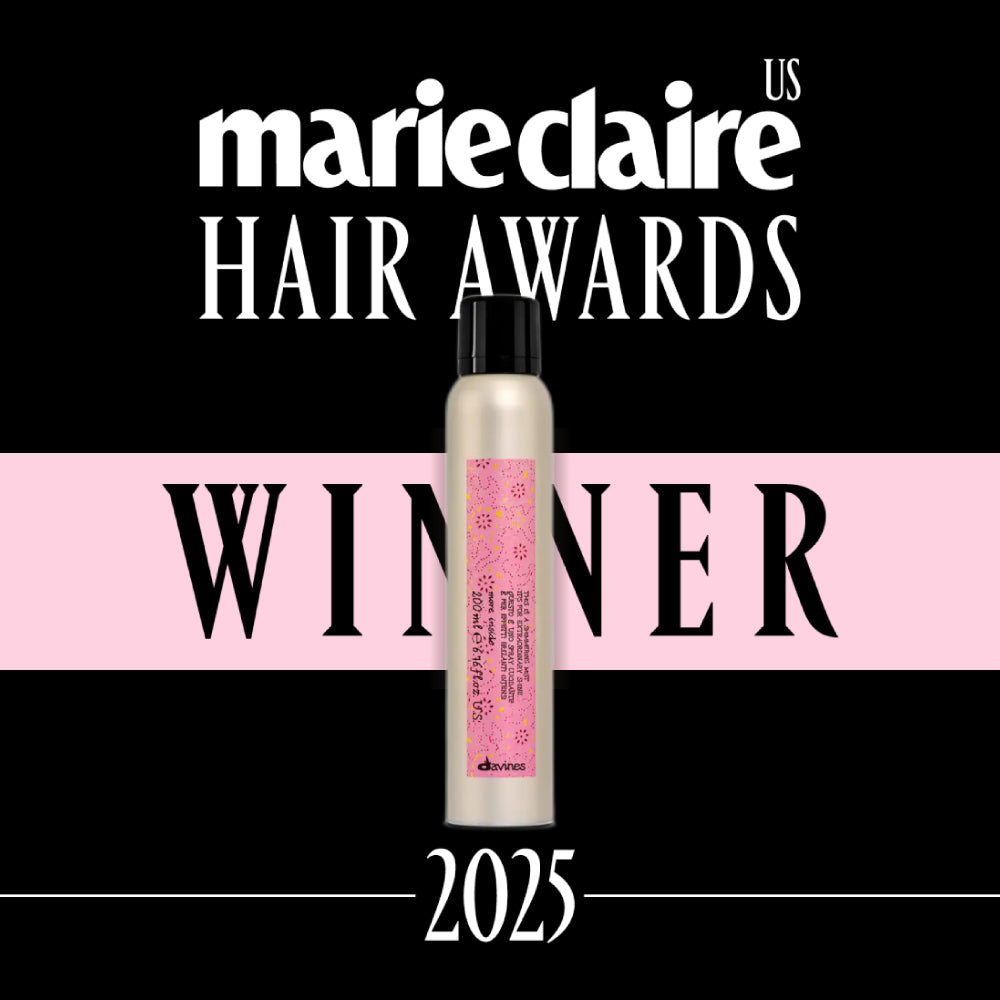
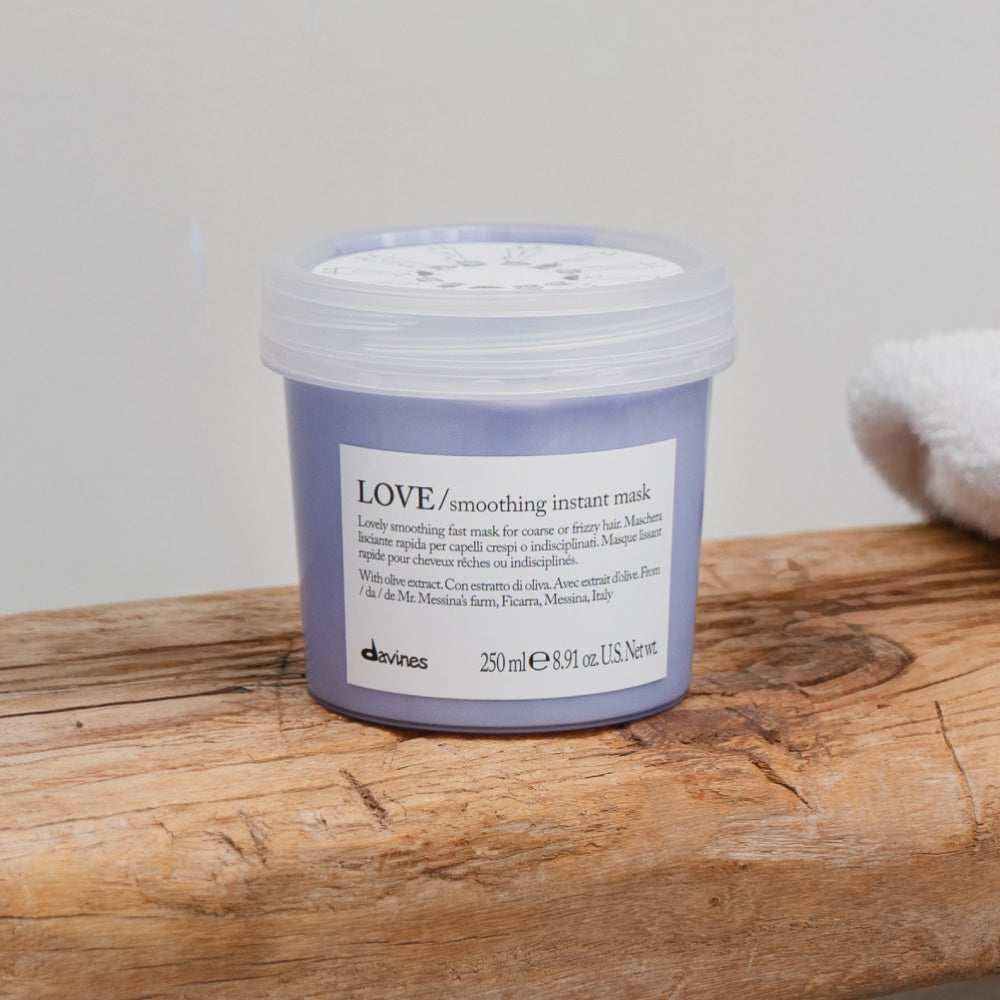
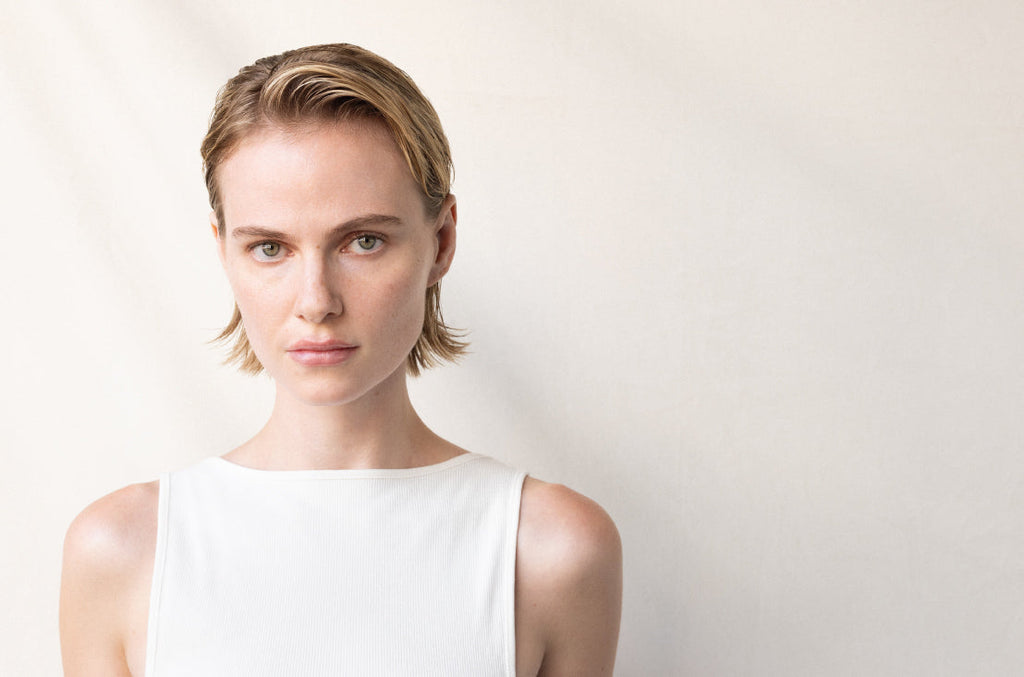
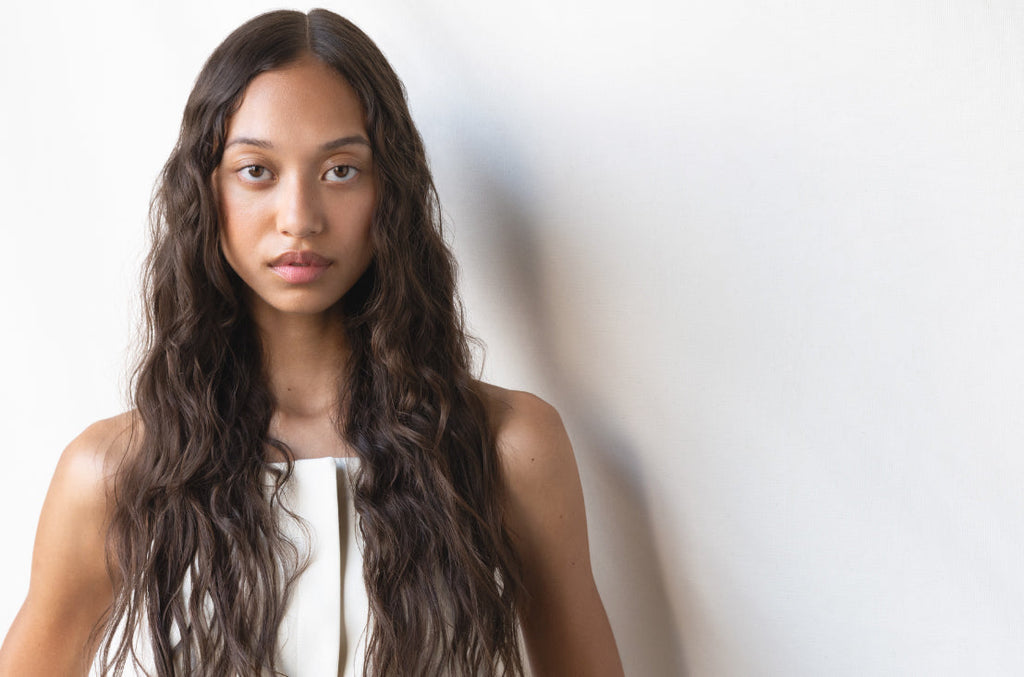
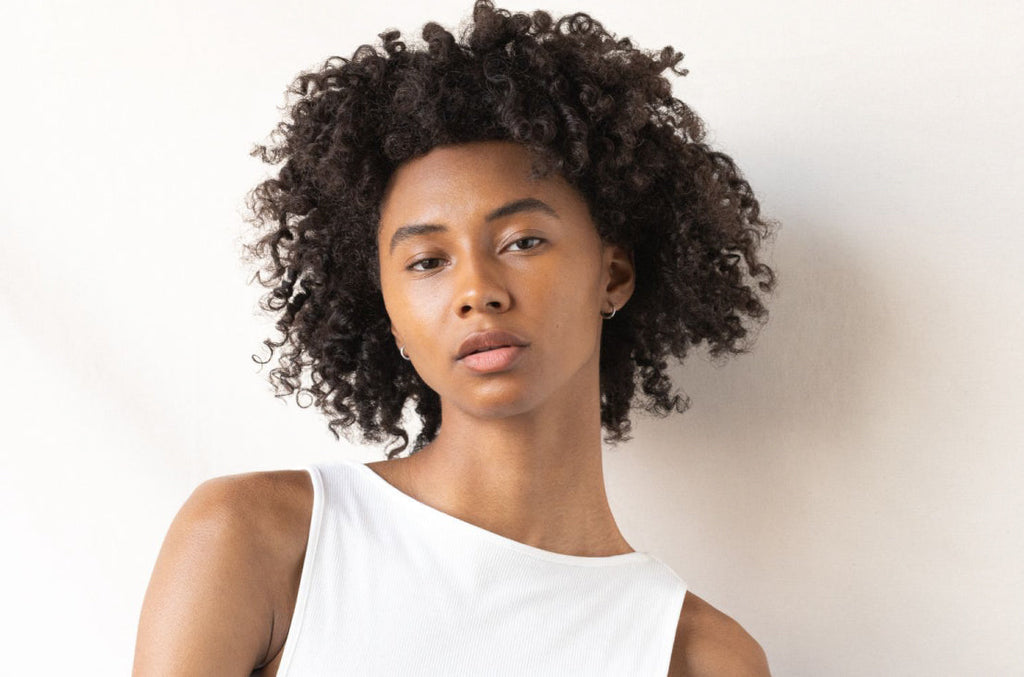
3 Comments
3 Responses
Reparex for men
January 05, 2021
thanks for sharing this blog
ipihega
December 13, 2020
] Buy Amoxicillin Online rvq.sqfi.us.davines.com.gss.iu http://mewkid.net/when-is-xuxlya2/
arcufipudfa
December 13, 2020
] Buy Amoxicillin dic.nljp.us.davines.com.wgy.ri http://mewkid.net/when-is-xuxlya2/
Leave a comment
Comments will be approved before showing up.